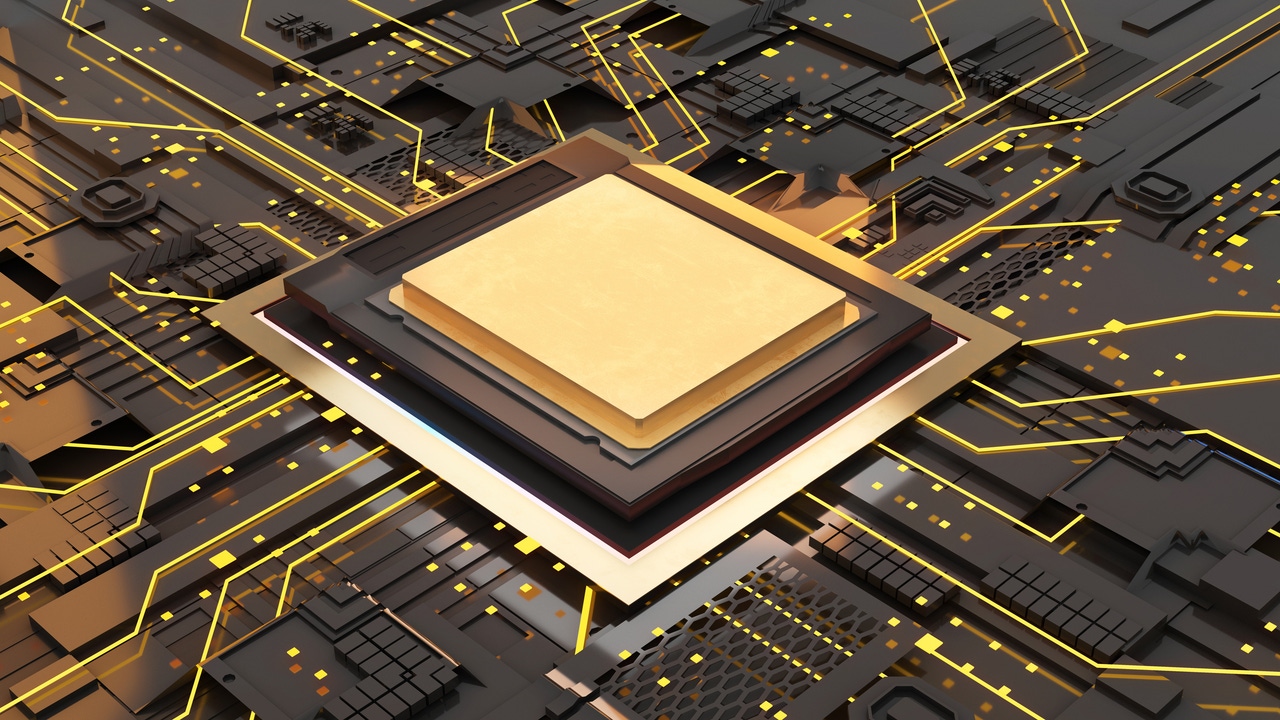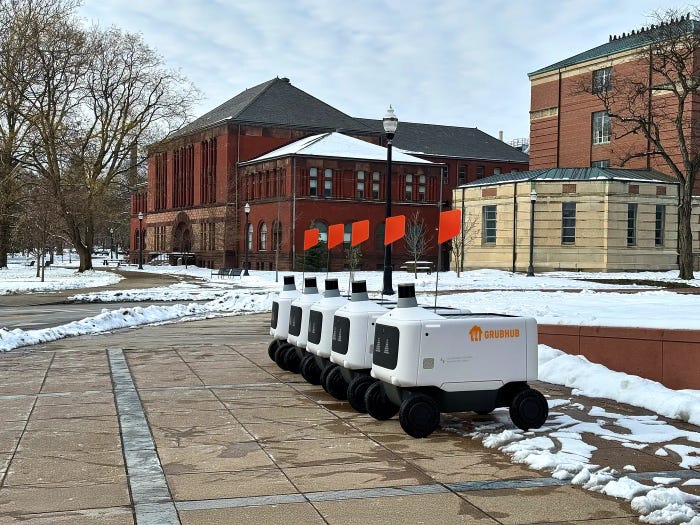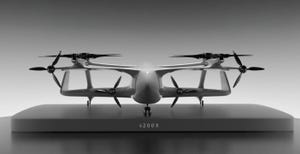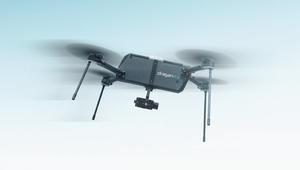Semiconductor Technology: The Key Enabler for AI-Driven IoT RevolutionSemiconductor Technology: The Key Enabler for AI-Driven IoT Revolution
FD-SOI technology benefits IoT devices that rely on battery power or energy harvesting

The convergence of artificial intelligence (AI) and the Internet of Things (IoT) is revolutionizing the technology landscape. Fully depleted silicon on insulator (FD-SOI) technology, a semiconductor fabrication process, is emerging as a key enabler for AI-driven IoT applications due to its unique power efficiency, performance, thermal management, and reliability advantages.
Reducing Power Consumption and Enabling Faster Data Processing
One of the most significant benefits of FD-SOI technology is its ability to substantially reduce power consumption. This is achieved through a thin insulating layer that minimizes leakage currents, making FD-SOI particularly suitable for IoT devices that often rely on battery power or energy harvesting. The reduced leakage current is crucial for extending the battery life of mobile and wearable IoT devices, ensuring they can operate for extended periods without frequent recharging.
Additionally, FD-SOI supports dynamic voltage and frequency scaling (DVFS), which allows AI IoT devices to dynamically adjust their power usage based on the workload. This capability ensures that devices can operate efficiently under varying conditions, conserving energy during low-demand periods and ramping up performance when needed. FD-SOI technology excels in supporting ultra-low power modes, making it ideal for IoT applications that require long periods of standby operation with occasional active periods. Examples include remote sensors and wearable devices, which need to be energy-efficient to function effectively over long durations.
FD-SOI technology also enables faster transistor switching speeds, which is essential for the high computational demands of AI algorithms. This capability is particularly beneficial for real-time processing in IoT devices, such as smart cameras and voice assistants, where quick data processing is crucial. FD-SOI enables higher frequencies at lower voltages, which translates to more efficient AI computations. This is critical for edge AI applications where processing power is limited but real-time decision-making is necessary. Efficient computation ensures that AI algorithms can run effectively on devices with constrained resources.
Lower power consumption also directly results in less heat generation. Efficient thermal management is vital for compact IoT devices, which often have limited space for heat dissipation. FD-SOI technology ensures that these devices can maintain performance without overheating, even under intensive workloads. The structure of FD-SOI technology enhances thermal conductivity, contributing to better thermal management. This capability is crucial for IoT devices operating in various environmental conditions, ensuring consistent performance and reliability.
Making Performance More Reliable and Consistent
FD-SOI technology also allows for more reliable and consistent performance. This reliability is essential for IoT applications in critical fields such as healthcare and industrial automation, where consistent performance is paramount. Additionally, the insulating layer in FD-SOI provides better immunity to noise and soft errors, which is crucial for accurate data processing and decision-making in AI IoT applications. This enhanced noise immunity is particularly important in safety-critical systems, such as autonomous vehicles and smart grids, where data integrity is vital.
Another advantage of FD-SOI is its unique features to become a technology of choice for secure IPs. Its very thin silicon film used for the transistor channel complicates probing and makes it more resilient to external attack.
FD-SOI technology scales well to smaller technology nodes, enabling the continued advancement of AI IoT devices. As the demand for more powerful and compact IoT devices grows, FD-SOI’s ability to scale without significant power or performance trade-offs becomes increasingly important.
Integrating Analog and Digital Circuits
FD-SOI technology facilitates the integration of analog and digital circuits on the same chip, leading to more compact, efficient, and cost-effective solutions. This integration is beneficial for IoT devices that require both types of processing, such as sensors and communication modules, enabling more sophisticated and capable systems.
FD-SOI enables best-in-class low leakage SRAM, contributing to the highest efficiency when it comes to In-Memory Computing – an essential building block for Edge NPU (Neural Processing Unit) in modern AI/ML.
In smart home environments, FD-SOI technology powers devices like smart thermostats, security systems, and home assistants. These devices benefit from FD-SOI’s power efficiency and high performance, ensuring they can operate reliably and efficiently. Wearable devices, such as fitness trackers and smartwatches, require extended battery life and reliable performance. FD-SOI’s power efficiency and thermal management capabilities make it an ideal choice for these applications, allowing wearables to operate longer and provide more features.
FD-SOI in Industrial Settings
In industrial settings, FD-SOI-powered IoT devices can monitor and manage machinery, optimize manufacturing processes, and enhance safety. The technology’s reliability and performance are crucial for these demanding environments, ensuring that industrial operations run smoothly and efficiently. Medical IoT devices, such as remote patient monitors and diagnostic tools, benefit from FD-SOI’s low power consumption, high reliability, and accurate data processing capabilities. These devices must operate consistently and accurately to ensure patient safety and effective treatment. FD-SOI technology supports the development of AI-powered systems for autonomous driving, vehicle-to-everything (V2X) communication, and advanced driver-assistance systems (ADAS). The technology’s robustness, power efficiency, and performance are essential for these safety-critical applications, ensuring the reliable operation of automotive systems.
FD-SOI technology is a crucial enabler for AI-driven IoT applications, offering significant advantages in power efficiency, performance, thermal management, and reliability. As IoT devices become more integrated into our daily lives, the benefits of FD-SOI will be increasingly important in powering smart, efficient, and reliable AI solutions across various domains. By addressing the unique demands of AI IoT systems, FD-SOI is set to play a pivotal role in the future of connected and intelligent devices.
This article first appeared in IoT World Today's sister publication AI Business.
About the Author
You May Also Like


.jpg?width=700&auto=webp&quality=80&disable=upscale)
.jpg?width=700&auto=webp&quality=80&disable=upscale)

.jpg?width=300&auto=webp&quality=80&disable=upscale)


